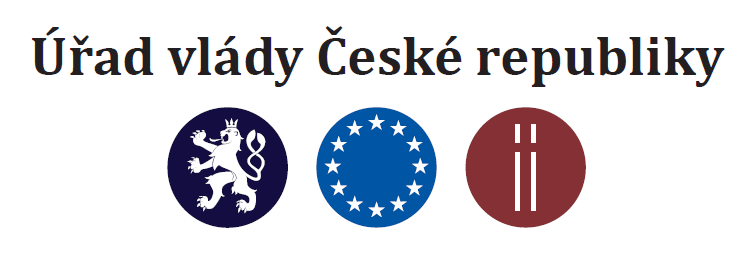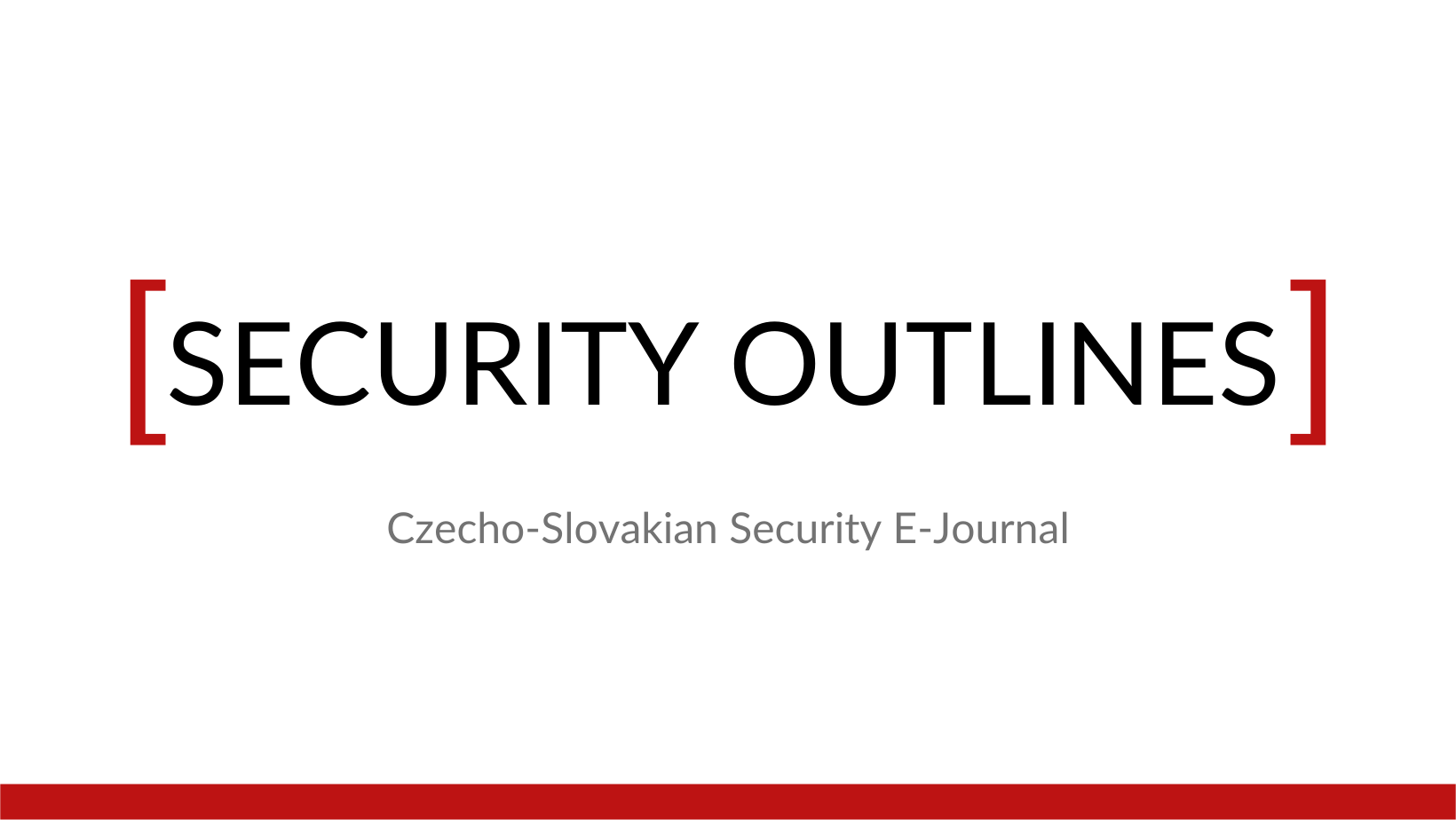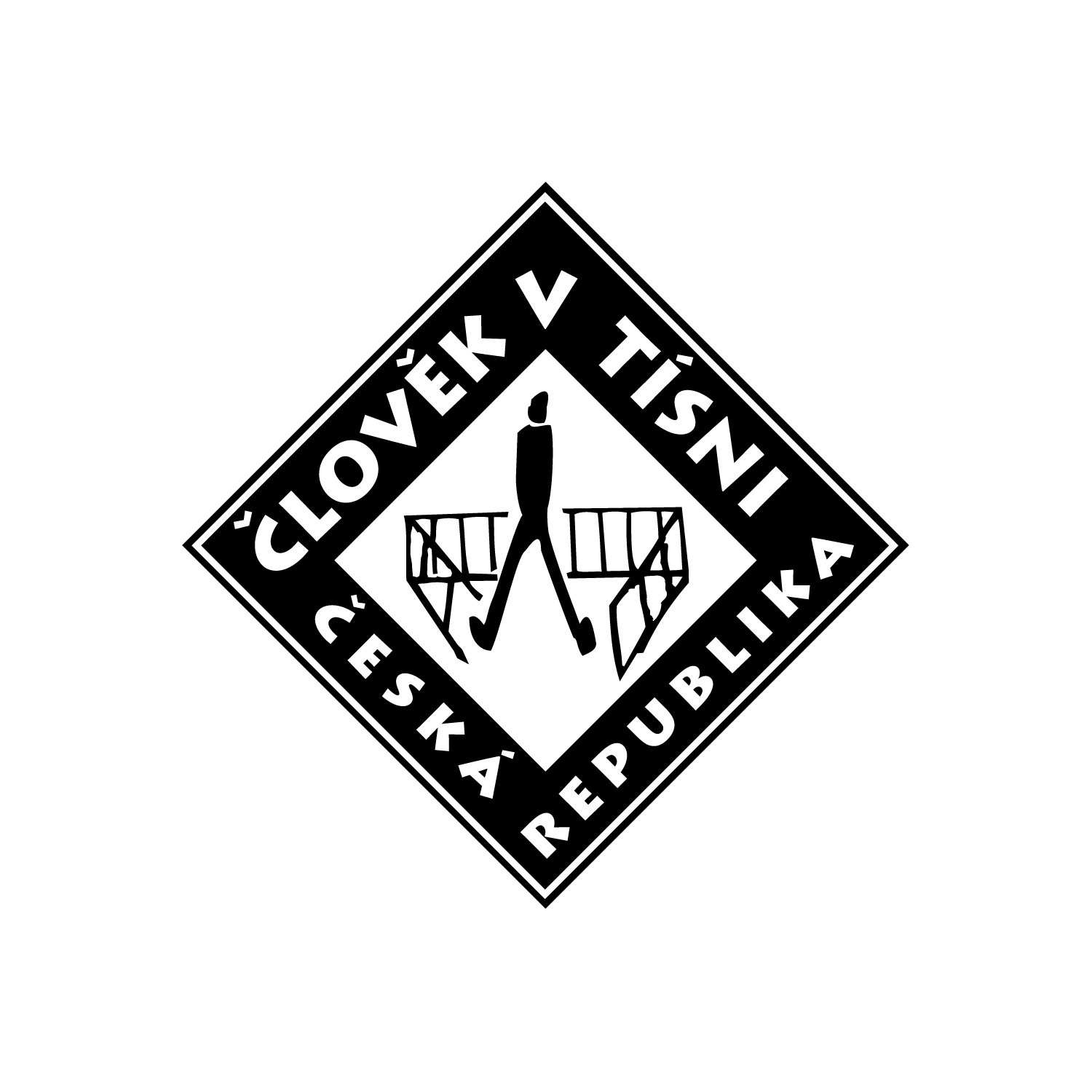International Relations
International Relations
Master in International Relations, MAIN, is a two-year English-language Master's degree programme that provides students with the knowledge and analytical skills to understand the international context of politics, economy, and security. Tensions among major powers, such as the United States, China, the European Union and its members, and Russia, are on the rise. With the Russian attack on Ukraine, Europe faces the first major war since the Second World War. At the same time, the world is growing ever more inter-connected. Major political decisions influencing our everyday lives are made not only by individual states but increasingly internationally and by regional and global institutions.
Our programme helps students understand how international and European politics work and what challenges states, business, NGOs, and individuals face in the globalised world. Within an interdisciplinary framework, students learn about the key points of contestation in world politics, major transnational issues such as climate change, and the functioning of the key global institutions and the European Union. They study how international conflicts can be productively transformed into cooperation. In addition to providing students with a robust background in international and European politics, the programme emphasises the development of students' analytical capabilities and critical thinking. Thanks to the broad scope of competences students acquire and deepen during their studies, our graduates become highly valued experts in national administrations and diplomacy, European and international institutions, but also businesses, NGOs, media, and academia.
Throughout the curriculum, we emphasise two cornerstones of our graduates' success. First, our students build a solid substantive knowledge of the problems of contemporary international politics. The curriculum covers especially the following areas:
- International Relations as a discipline investigating states' behaviour in world politics, with a focus on great powers and the nature of the international system.
- International Economics and Security as the two key issue areas of international life.
- European Union as the most profound project of inter-state integration in world history.
- International Institutions and International Law as the key instruments of the management of global affairs.
Second, students acquire specific, tangible skills relevant to their future professional careers:
- Empirical and analytical skills. Our students undergo robust introductory training in both qualitative and quantitative analytical skills.
- Critical thinking. The ability to think outside the box is essential in an environment where constant adaptation is needed.
- Languages and transferable skills. Our graduates' success depends not only on their hard analytical skills and knowledge of international politics but also on their writing, presentation, and communication skills.
The programme offers a double degree option in cooperation with the prestigious Department of political science and public administration at the University of Konstanz. Thus, the selected students have the opportunity to obtain the master's degree in Politics and Public Administration from the University of Konstanz, in addition to the master's degree in International Relations from Charles University. Applicants for the double degree programme are selected, based on merit, after the first semester of their studies.
Furthermore, our Department offers guest courses taught by professors from leading European and global universities and research centres every year. In the last several years, these included such globally renowned scholars as Prof. Kenneth Abbott (Arizona State University), Prof. Tapio Raunio (University of Tampere), Prof. Gerald Schneider (University of Konstanz), Prof. Stephanie Hofmann (European University Institute), or Prof. Robert Jervis, one of the most influential scholars in International Relations of several last decades (Columbia University, New York). Besides full classes, we invite guest lecturers and researchers for specific events, such as Prof. Teun A. van Dijk, the director of the Centre of Discourse Studies, Barcelona, and a world-renowned social scientist who gave a lecture on discourse analysis in 2024.
More information, including details about the entry requirements, is available at the Faculty website.
Programme director: doc. PhDr. Jan Karlas, MA., Ph.D.
Programme coordinator: Mgr. Viera Martinková, Ph.D.









